The Unsung Heroes: Volunteers In The Aftermath Of Hurricanes
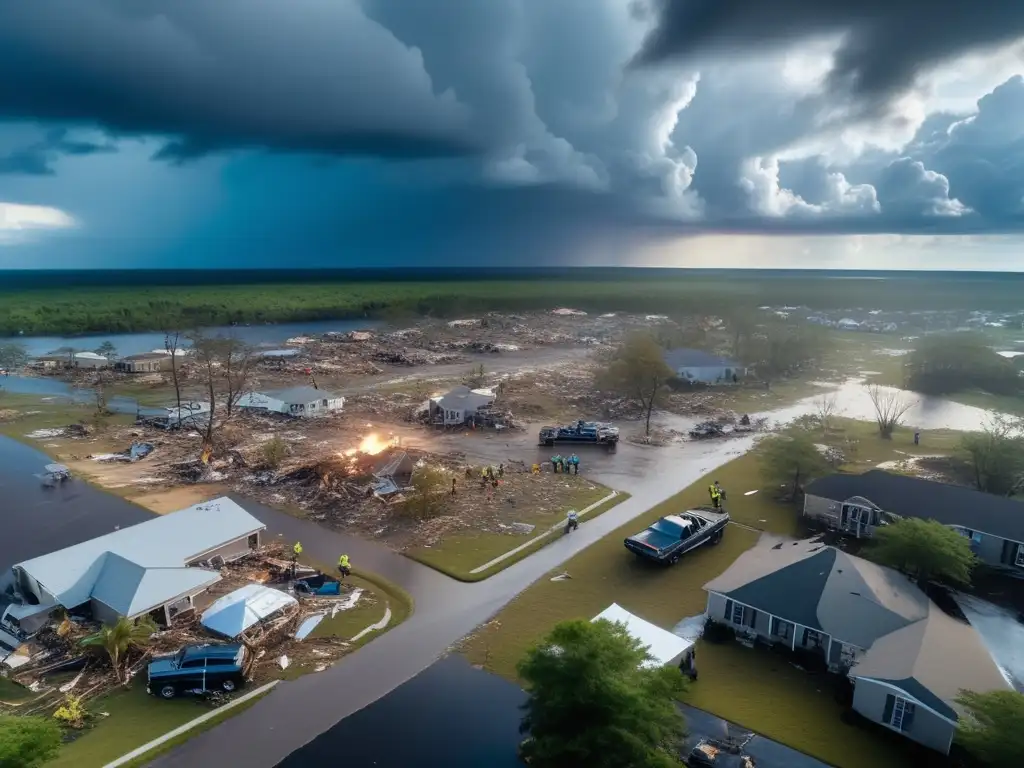
The Unsung Heroes: Volunteers in the Aftermath of Hurricanes
Introduction
When a hurricane strikes, it leaves behind a trail of destruction, loss of lives, and property damage in its wake. Amidst the chaos and devastation caused by the natural disaster, there are people who volunteer to help their fellow citizens pick up the pieces and rebuild their lives. These volunteers are the unsung heroes who work tirelessly to restore some semblance of normalcy in the aftermath of hurricanes.
The Importance of Volunteers in Hurricane Relief Efforts
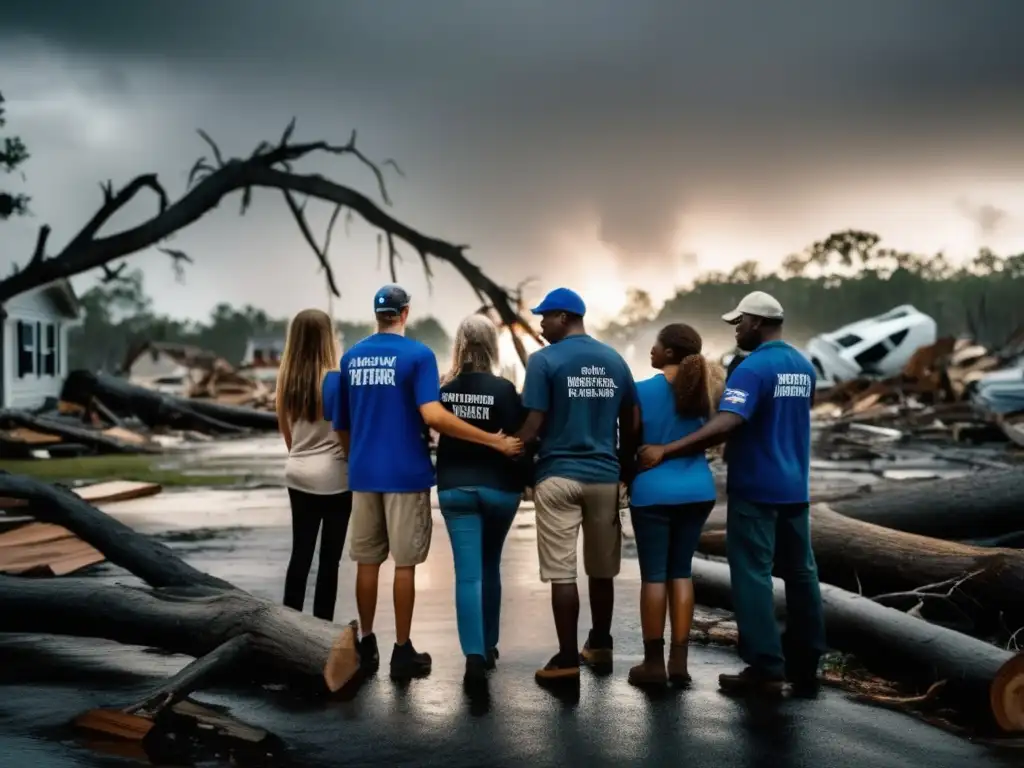
Volunteer Organizations Active in Disasters (VOAD)
In the United States, the Volunteer Organizations Active in Disasters (VOAD) is a network of non-profit organizations that come together in times of crisis to provide coordinated assistance to those affected by disasters. Some of the VOAD member organizations include the American Red Cross, Habitat for Humanity, and Team Rubicon, among others.
During a hurricane, VOAD member organizations provide a range of services, including emergency shelter, food, medical assistance, and emotional support to hurricane victims. These organizations rely heavily on volunteers to carry out their mission effectively.
Types of Volunteer Work During Hurricanes
Volunteers provide crucial support before, during, and after a hurricane. Some of the ways in which volunteers contribute to relief efforts include:
- Distributing emergency supplies, such as food, water, and blankets, to hurricane victims in shelters or affected areas.
- Helping with debris removal and clearing roads in affected areas to allow emergency vehicles to navigate more easily.
- Providing emotional support and counseling to hurricane victims, many of whom have lost everything they had.
- Assisting with search and rescue efforts in the immediate aftermath of a hurricane.
- Helping to rebuild homes and communities after the hurricane has passed.
The Benefits of Volunteering During Hurricanes
Volunteering during hurricanes is not only beneficial to those affected by the disaster but also to the volunteers themselves. Some of the benefits of volunteering include:
- Developing a sense of purpose and fulfillment by helping others in need.
- Becoming part of a team working towards a common goal.
- Gaining valuable skills and experience that can be transferable to other areas of life.
- Expanding one's social network and making new friends.
- Boosting mental health by reducing stress, anxiety, and depression.
Challenges Faced by Volunteers During Hurricane Relief Efforts
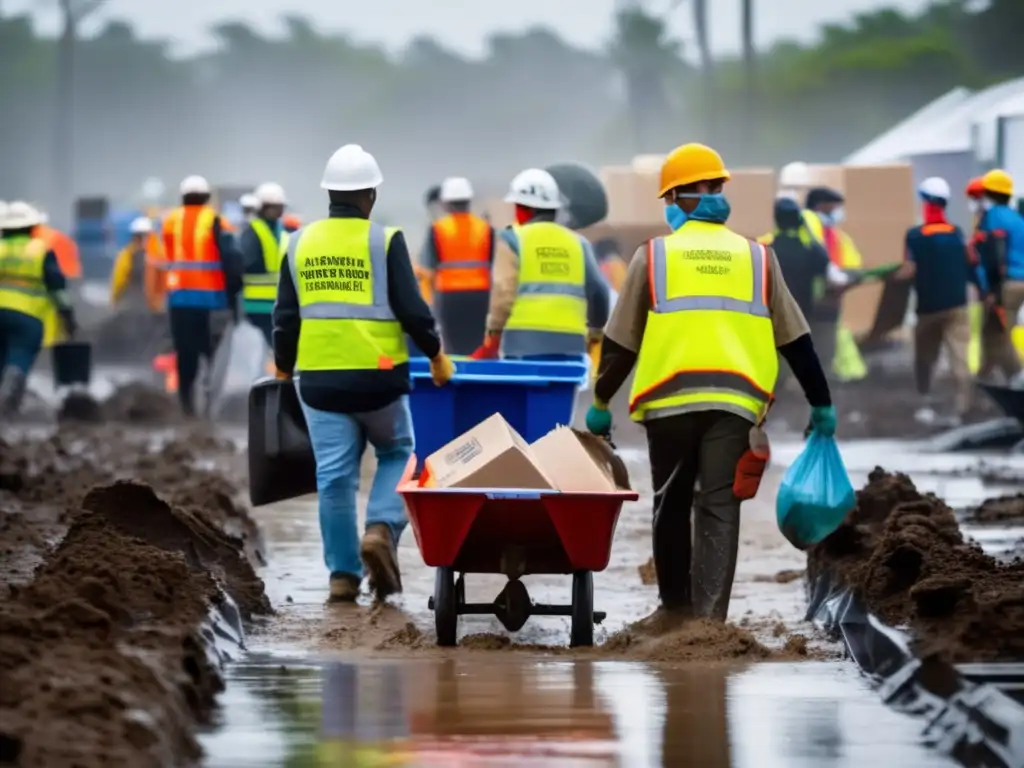
Health Risks
One of the challenges faced by volunteers during hurricane relief efforts is the risk of exposure to health hazards such as contaminated water, mold, and debris. These risks can result in illnesses, infections, and injuries.
Fatigue and Burnout
Volunteering during hurricanes can be physically and emotionally draining. The long hours and high-pressure environment can lead to exhaustion and burnout, which can affect the well-being of volunteers.
Lack of Resources
During the aftermath of hurricanes, there is often a shortage of resources such as food, water, and medical supplies. This shortage can make it challenging for volunteers to carry out their work effectively and efficiently.
Tips for Volunteering During Hurricanes
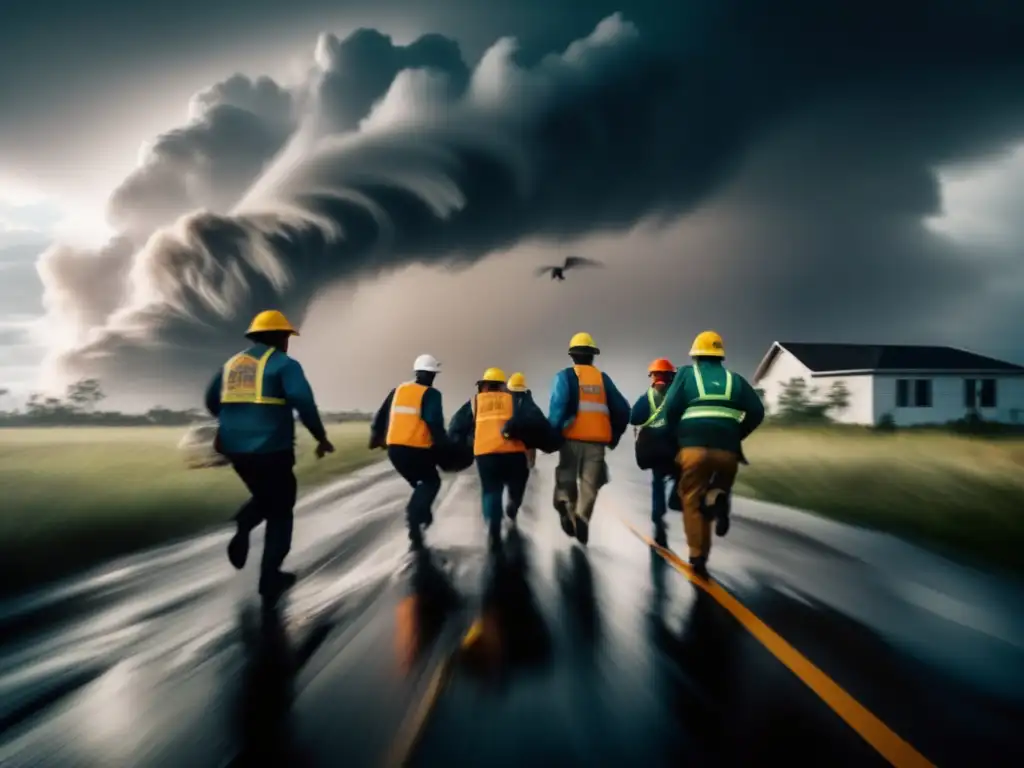
Prepare in Advance
If you are considering volunteering during a hurricane, it is essential to prepare in advance. This preparation can include:
- Getting trained in disaster response and emergency management.
- Familiarizing yourself with the VOAD member organizations in your area.
- Assembling an emergency kit with essential items such as water, food, first aid supplies, and a flashlight.
Take Care of Yourself
Volunteering during a hurricane can be physically and emotionally demanding. It is crucial to take care of yourself to avoid burnout, illness, or injuries. Some self-care tips include:
- Getting enough sleep and rest.
- Eating nutritious meals and staying hydrated.
- Taking breaks when needed.
- Debriefing with other volunteers after a long day.
- Seeking professional help if needed.
Follow Safety Protocols
Volunteering during hurricanes can be dangerous if safety protocols are not followed. It is crucial to adhere to safety guidelines and precautions to minimize the risk of injury or illness. Some safety tips include:
- Wearing appropriate gear, including gloves, boots, and masks, to protect against health hazards.
- Listening to authorities and following evacuation orders if necessary.
- Using tools and equipment safely and appropriately.
Frequently Asked Questions
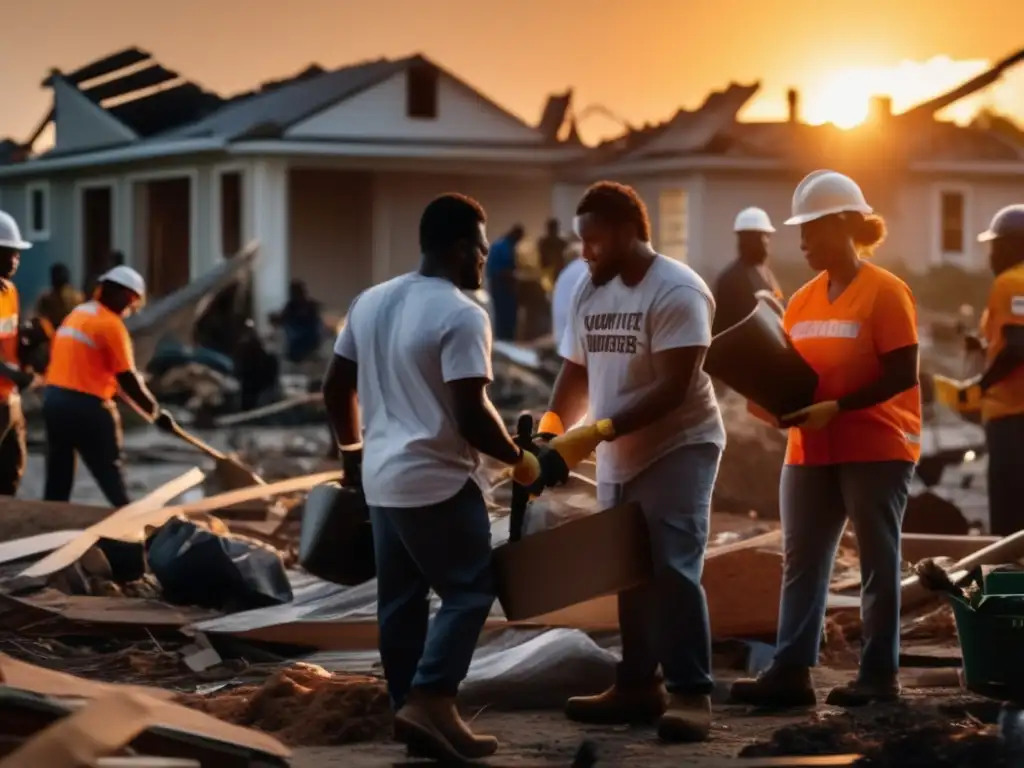
-
Can anyone volunteer during hurricanes?
Yes, anyone can volunteer during hurricanes. However, it is essential to have the necessary training and skills to be effective in hurricane relief efforts.
-
Do volunteers get paid for their work during hurricanes?
No, volunteers do not get paid for their work during hurricanes. They donate their time and skills to help those affected by the disaster.
-
What are some of the challenges faced by volunteers during hurricane relief efforts?
Some of the challenges faced by volunteers during hurricane relief efforts include health risks, fatigue, and lack of resources.
-
How can I prepare to volunteer during a hurricane?
You can prepare for volunteering during a hurricane by getting trained in disaster response and emergency management, familiarizing yourself with VOAD member organizations, and assembling an emergency kit.
-
What safety precautions should volunteers follow during hurricane relief efforts?
Volunteers should wear appropriate gear, listen to authorities, and use tools and equipment safely and appropriately during hurricane relief efforts.
Conclusion
Volunteers play a vital role in hurricane relief efforts by providing essential support and services to hurricane victims. However, volunteering during a hurricane can be physically, emotionally, and mentally challenging. It is crucial to prepare in advance, take care of oneself, and follow safety protocols to ensure that volunteers are effective, efficient, and safe. Hurricaneinsider.org encourages everyone to consider volunteering during hurricanes to make a positive impact on affected communities.
Additional Resources
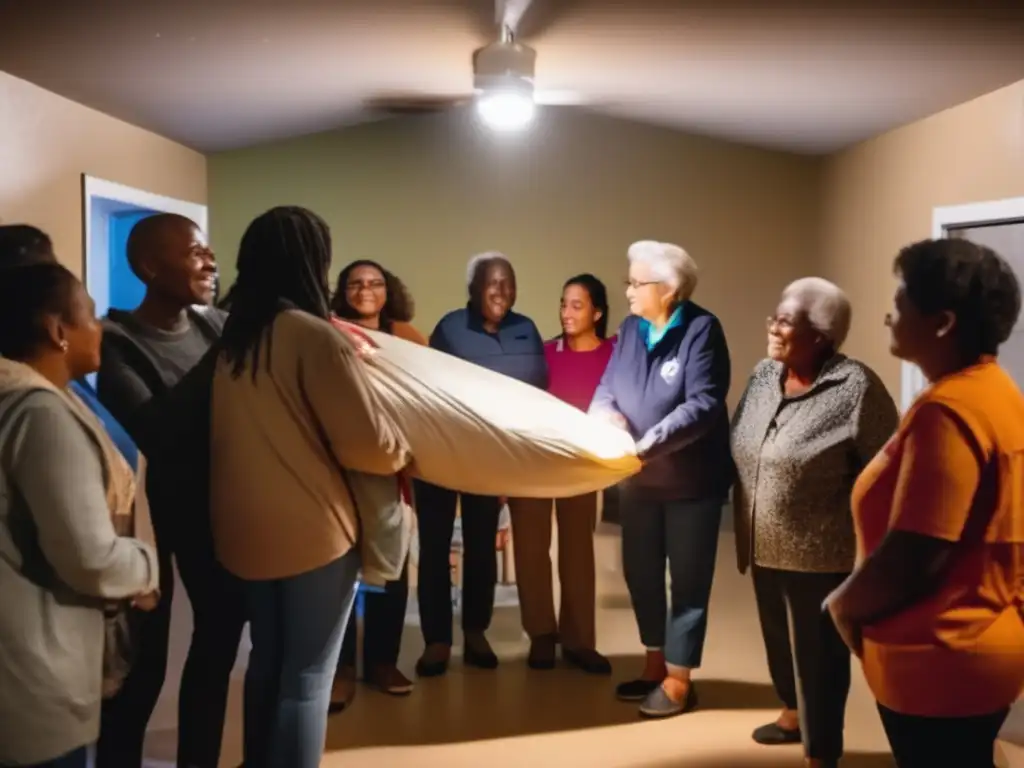
- Ready.gov: Volunteer
- National Voluntary Organizations Active in Disaster
- American Red Cross: Volunteer Opportunities
 The Pioneers Of Hurricane Research And Tracking
The Pioneers Of Hurricane Research And Tracking Infrastructure Vulnerabilities During Hurricanes
Infrastructure Vulnerabilities During Hurricanes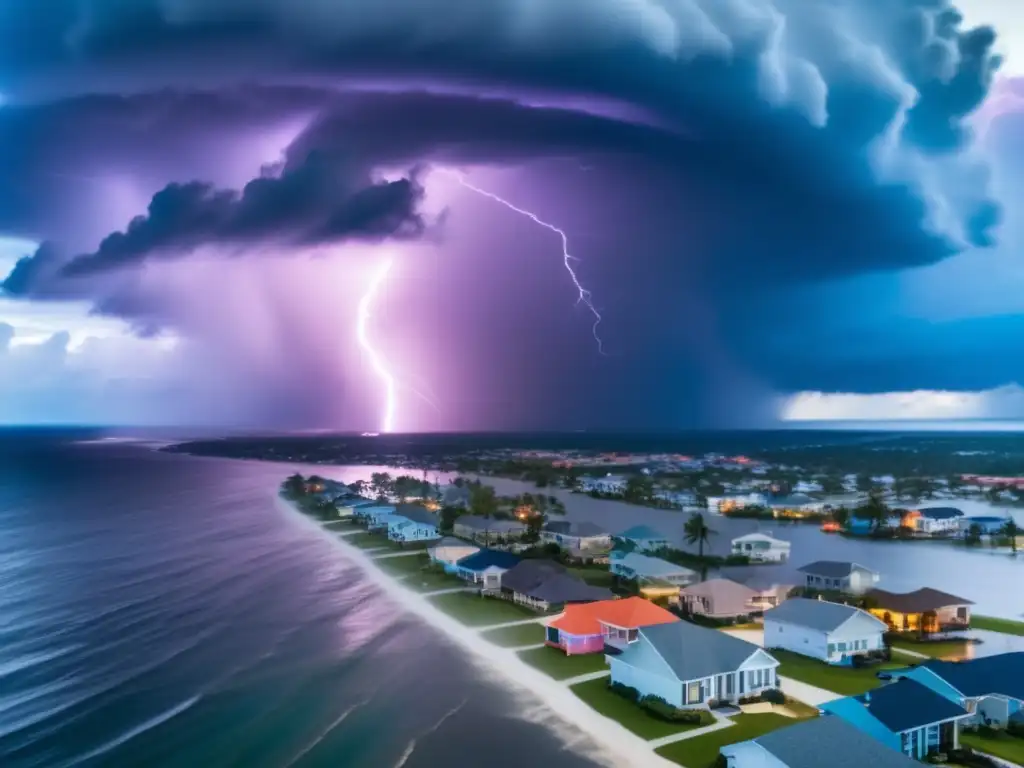 Behind The Scenes: How News Teams Cover Hurricanes
Behind The Scenes: How News Teams Cover HurricanesIf you want to discover more articles similar to The Unsung Heroes: Volunteers In The Aftermath Of Hurricanes, you can visit the Basic knowledge about hurricanes: category.
Leave a Reply

Articulos relacionados: